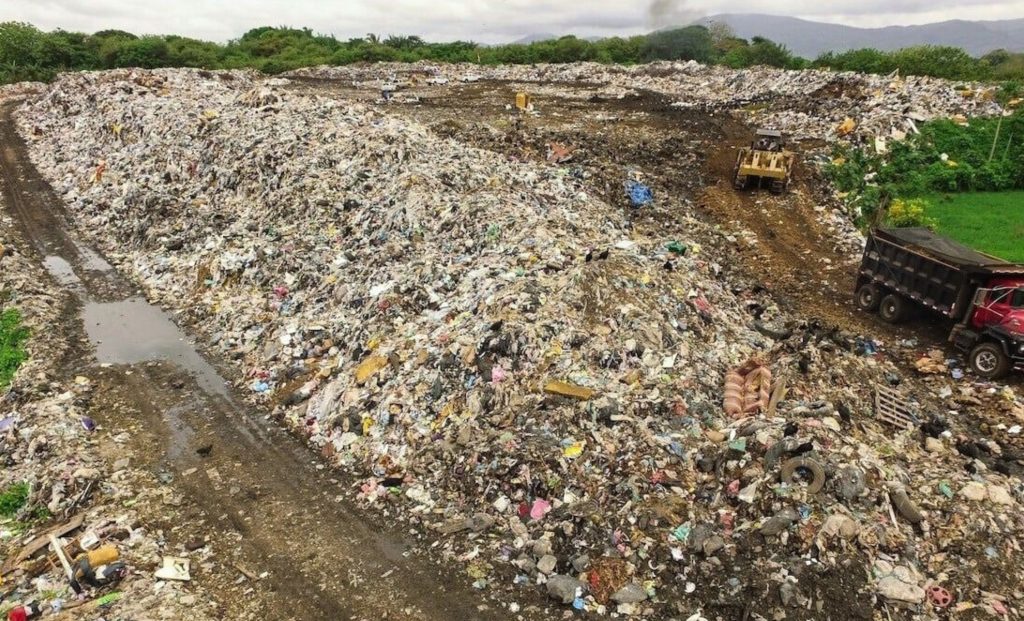In 2013, James Howells, an IT professional from Newport, Wales, made a mistake that would haunt him for over a decade—he accidentally discarded a hard drive containing 8,000 Bitcoins. At the time, Bitcoin’s value was significantly lower, making the loss seem minor. However, as the price of Bitcoin surged over the years, the hard drive’s worth skyrocketed to an astonishing $742 million.
Determined to recover his digital fortune, Howells launched an intense, multi-year campaign to search for the hard drive buried in the Docksway landfill. His efforts, however, were repeatedly blocked by Newport City Council, which cited environmental concerns and legal regulations preventing excavation.
Legal Battles and Failed Attempts
Despite proposing high-tech solutions—such as AI-powered drones, robotic search systems, and a meticulously planned excavation—Howells was never granted permission to dig through the landfill. He even gathered investment backing and legal teams to push his case, arguing that the recovery operation could be done safely and efficiently.
However, in early 2025, a High Court judge dismissed his legal appeal, stating that there was “no realistic prospect of success.” The council also announced plans to repurpose the landfill into a solar farm, further closing the door on Howells’ hopes. With no viable options left, he has officially abandoned the search.
Lessons from a Lost Digital Fortune
Howells’ story is a cautionary tale for cryptocurrency holders worldwide. Unlike traditional banking systems, Bitcoin and other digital assets are decentralized, meaning lost private keys or hard drives cannot be recovered through a central authority. Properly securing digital assets—whether through encrypted backups, cold storage, or secure vaults—is essential in preventing irreversible losses.
While Howells may never see his lost fortune again, his experience highlights the importance of personal responsibility in managing digital wealth. For now, those 8,000 Bitcoins remain buried under tons of waste—likely never to be recovered.



Comments (0)
No comments yet. Be the first to comment!
Leave a Comment